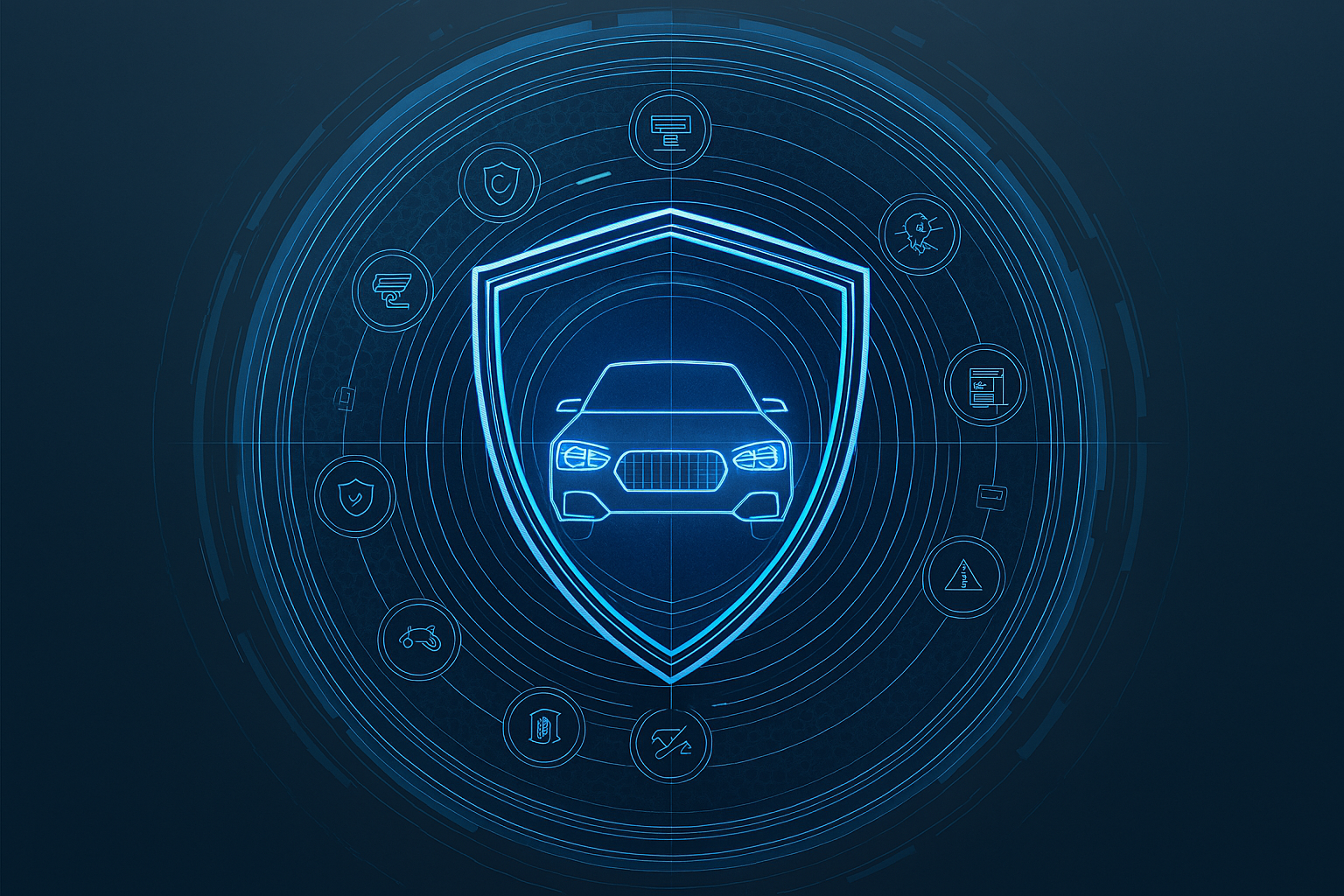1- Introduction
📸 Flock Safety is revolutionizing how communities approach security, As cities seek smarter, more efficient crime-fighting tools, Flock’s automated license plate readers (ALPR) have emerged as a leading solution, This article explores how the technology works, where it’s used, and why it’s both praised and critiqued across the country.
🗂️ Table of Contents
2- What Is Flock Safety Technology?
🚓 Flock Safety provides surveillance solutions that automatically capture and analyze vehicle license plates, These stationary cameras are solar-powered and typically installed on roadsides, intersections, or neighborhood entrances, They don’t record video but instead take high-resolution still images that identify make, model, color, and plate details.
3- How Flock Cameras Work
🔍 Flock cameras activate when motion is detected, Each time a vehicle passes, a photo is taken, and metadata like time, date, and direction is recorded, This information is uploaded securely to a cloud platform that law enforcement or neighborhood leaders can access, The simplicity of the system means minimal infrastructure is needed, and installation is often completed in under an hour.
4- License Plate Recognition (LPR) in Action
🧠 Once images are captured, Flock’s software compares them against local and national law enforcement databases, If a license plate is linked to a stolen vehicle, an AMBER Alert, or a wanted suspect, alerts are sent in real time, This immediate feedback allows officers to respond faster than ever, sometimes within minutes of a crime occurring.
5- Where Flock Technology Is Used in the U.S.
🏙️ Flock Safety is currently deployed in over 5,000 cities and neighborhoods across 40+ states, From suburban HOAs to major urban centers, the technology is being embraced by both public and private entities, In places like Atlanta, Dallas, and Phoenix, Flock systems are part of wider smart policing programs.
6- Advantages for Law Enforcement
📊 Police departments praise Flock for speeding up investigations, Officers report :
– Reduced case resolution time
– Increased stolen vehicle recoveries
– Easier suspect identification
👉The system also supports multi-agency cooperation since alerts can be shared across jurisdictions.
7- Community-Level Benefits and HOA Use
🏘️ Homeowners associations love Flock because it helps deter petty crimes like package theft, vandalism, and illegal dumping, Residents report a greater sense of security and often use camera data to resolve disputes or identify unknown vehicles, Some neighborhoods even display Flock signage as a crime deterrent.

8- Data Privacy and Legal Concerns
🔒 Privacy advocates raise valid questions, Flock has addressed these by :
– Deleting footage after 30 days
– Avoiding facial recognition entirely
– Giving communities full control of access rights
👉Still, critics argue there is potential for abuse, especially without oversight, Cities must adopt transparency policies to ensure ethical use.
9- Real-Life Success Stories
📉 In Fort Worth, Texas, a kidnapping suspect was caught in under 3 hours using Flock footage, In Phoenix, Flock cameras helped police intercept stolen vehicles from out-of-state in real time, In California, a neighborhood reduced break-ins by 60% within three months of installing the system.
10- Installation and Costs
💰 Flock offers a subscription-based model, On average, it costs $2,000–$2,500 per camera annually, This includes hardware, cloud access, and maintenance, Cameras are wireless and solar-powered, requiring no trenching or complex wiring, making installation affordable even for small communities.
11- Effectiveness on Crime Reduction
📊 Studies show areas with Flock cameras experience :
– 30% to 70% drop in car-related crimes
– Higher clearance rates for burglaries
– Improved communication and real-time data sharing between police departments and neighborhood communities.
👉This measurable impact is why many cities continue expanding their use of the technology.
12- Public Opinion and Future Outlook
📢 While many residents support Flock, others worry about surveillance overreach, Public forums often discuss :
– Who owns the data?
– Can footage be subpoenaed?
– Is tracking movement an invasion of privacy?
👉As Flock expands into more public spaces, debates will continue, However, many view it as an essential tool in modern crime prevention.
13- Ethical Considerations and Debate
🛡️ Questions arise about how data is used :
– Could innocent drivers be flagged?
– Are marginalized groups monitored more often?
– Who audits usage?
👉Ethics boards and city councils are beginning to draft guidelines to ensure fairness and transparency in implementation.
14- Final Thoughts
✅ Flock Safety offers communities powerful tools to enhance safety, reduce crime, and support law enforcement, While not without its challenges, especially in privacy and ethics, it represents a major leap in how we approach neighborhood security, With thoughtful deployment and community involvement, Flock can play a lasting role in shaping safer cities for all.
📌 Internal Link :
Prescription Safety Glasses: What to Know Before Buying
Safety Glasses for Drivers: Are They Necessary?
🌐 External Source :

